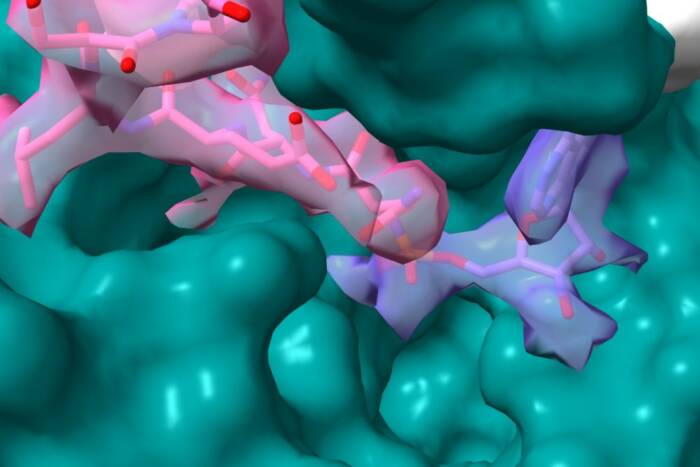Rockefeller researchers show testosterone reduces level of Alzheimer's proteins
 Testosterone supplementation in elderly men may be protective in the treatment of Alzheimer’s disease, according to the results of a new study reported by researchers at Rockefeller University. Findings from epidemiological studies have indicated that estrogen-replacement therapy in postmenopausal women may protect against the development of the disease in a similar way. The research is reported in the Feb. 1 issue of the Proceedings of the National Academy of Science.
Testosterone supplementation in elderly men may be protective in the treatment of Alzheimer’s disease, according to the results of a new study reported by researchers at Rockefeller University. Findings from epidemiological studies have indicated that estrogen-replacement therapy in postmenopausal women may protect against the development of the disease in a similar way. The research is reported in the Feb. 1 issue of the Proceedings of the National Academy of Science.
One of the hallmarks of Alzheimer’s disease is the appearance of so-called senile plaques in the brain, which consist of clumps of protein fragments known as beta-amyloid peptides. The processing of a full-length protein, beta-amyloid precursor protein, yields either plaque-producing amyloid peptides or different, harmless fragments.
In the new study–conducted by Vincent Astor Professor Paul Greengard, head of the Laboratory of Molecular and Cellular Neuroscience, and his RU colleagues–the authors report that treatment with testosterone decreases the secretion of beta-amyloid peptides in rat and mouse neurons by 30 to 45 percent, while it significantly increases the secretion of the harmless fragments. In contrast, treatment with two other steroid hormones, cholesterol and corticosterone, fails to reduce beta-amyloid peptide levels, supporting the idea that beta-amyloid-precursor-protein metabolism may be specifically sensitive to the actions of testosterone and estrogen.
The authors note that while studies have shown that testosterone levels tend to decline in aging men and women, the possible benefits of testosterone supplementation must be weighed against potential deleterious effects, including the development of prostate cancer in men and endometrial cancer in women.
Greengard’s coauthors are Guest Investigator Gunnar K. Gouras, M.D.; Assistant Professor Huaxi Xu, Ph.D.; Research Assistant Rachel S. Gross; former Guest Investigator Jeffrey P. Greenfield and former Postdoctorate Fellow Bing Hai, Ph.D., all of the Laboratory of Molecular and Cellular Neuroscience, and Assistant Professor Rong Wang, Ph.D., of the Laboratory of Mass Spectroscopy. This work was supported by the U.S.P.H.S., the American Health Assistance Foundation, the Alzheimer’s Association and the Ellison Medical Foundation.


